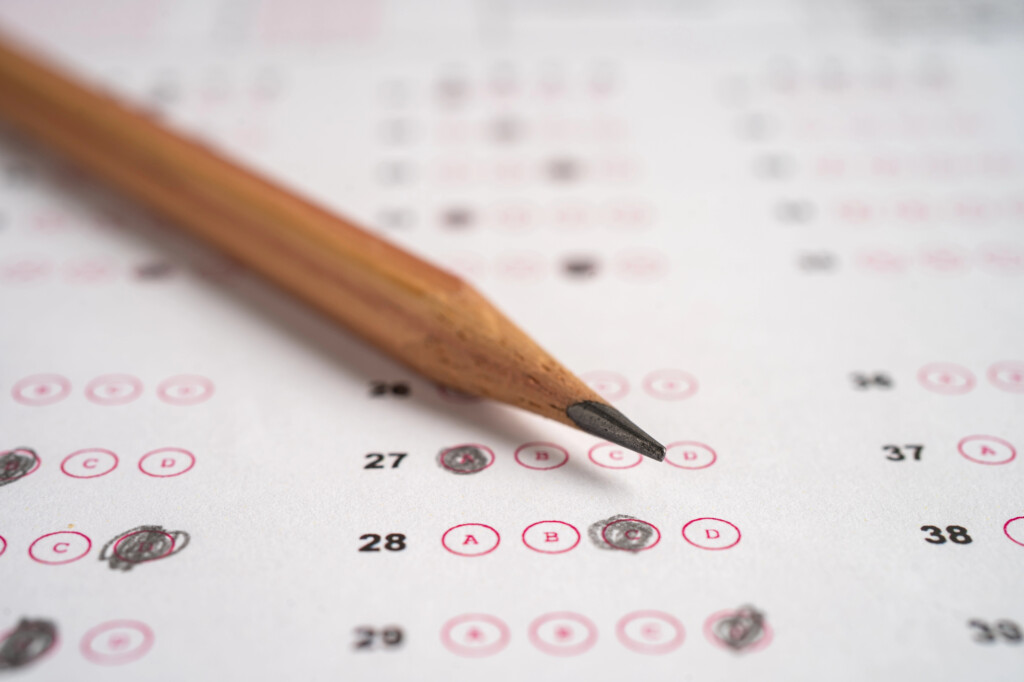Exams can be a major source of stress and anxiety for many students. Feeling some level of stress is normal, but too much stress can negatively impact your mental health and ability to perform well. Using healthy and effective stress-management techniques can help you take control of exam anxiety. Follow this guide to learn strategies for tackling exam stress.
Understand the Causes of Exam Stress
The first step is understanding where your exam stress comes from. Stress can arise from both external and internal factors. External factors include high parental expectations, comparing yourself to peers, and the pressure to get good grades. Internal factors include perfectionism, negative self-talk like “I’m going to fail”, and feeling you don’t know the material well enough. Knowing the source of your stress will help you target the right coping strategies. Dig deep to identify your personal triggers for exam stress.
Improve Time Management
Poor time management often exacerbates exam stress. Cramming late nights to study increases anxiety. Create a structured study schedule weeks in advance, with set blocks for studying each subject. Take regular short study breaks and don’t attempt to cram too much in one sitting. Using productivity tools like calendars, to-do lists, and apps will help you feel organized. Prioritize tasks and avoid procrastination. Remember that Webster University online degrees are more flexible than in-person study, which can aid with time management.
Adopt Effective Study Techniques
Ineffective studying, like simply re-reading notes, often leads to stress. Employ active study strategies like self-testing with flashcards, teaching concepts to a friend, and practicing potential exam questions. Condensing notes into one-page cheat sheets ensures you extract the key concepts. Explain concepts aloud in your own words to check understanding. Studying smarter will boost confidence and preparedness. Find techniques that work for your learning style.
Practice Stress Management Techniques
When exam stress hits, having healthy coping mechanisms ready is key. Physical exercise like walking, jogging, or dancing releases feel-good endorphins that counteract stress. Activities like yoga and meditation also calm the mind. Take study breaks to listen to relaxing music or do an enjoyable hobby. Getting enough sleep avoids fatigue-induced stress. Social support from family and friends acts as a buffer against anxiety. Keeping stress levels controlled with these techniques will help you think clearly.
Develop a Positive Mindset
How you think about exams plays a major role in your stress levels. Negative thinking, like anticipating failure, increases anxiety. Catch yourself when making pessimistic predictions and reframe your thoughts in a more positive light. Visualize yourself staying calm and successfully answering questions. Boost confidence by focusing on subjects you know well. Believe in your abilities and preparation rather than dwelling on self-doubt. Having a winning mindset empowers you to manage stress.
By understanding the causes of exam stress, employing time management, honing study techniques, using stress management tools, and cultivating a positive mindset, you can tackle anxiety and succeed on exam day. Managing stress takes practice, so implement these tips well in advance of exams. With this comprehensive guide, you can learn to keep exam stress under control.
Photo Credit: DepositPhotos.com




